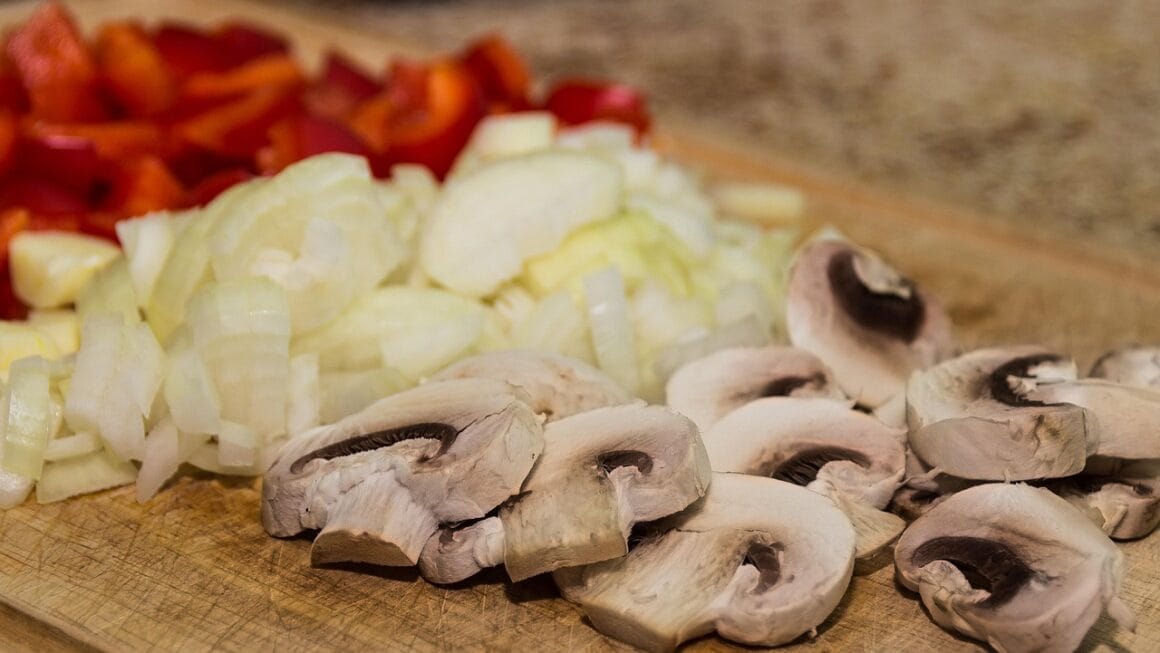Embarking on a vegan journey doesn’t mean your travel adventures have to be put on hold. In fact, with a little planning and preparation, exploring the world as a vegan can be an incredibly rewarding and delicious experience. This guide provides comprehensive tips and insights to help you navigate the world of vegan travel, ensuring your trips are not only ethical and sustainable but also unforgettable.
Planning Your Vegan Adventure
Planning is key to a successful vegan trip. Careful consideration of your destination, accommodation, and food options will significantly impact your overall experience.
Destination Research
- Vegan-Friendly Cities: Some cities are far more accommodating to vegans than others. Berlin, Amsterdam, Portland, and Tel Aviv consistently rank high due to their abundance of vegan restaurants, grocery stores, and readily available plant-based options.
For example, Berlin boasts numerous vegan cafes and restaurants serving everything from traditional German fare to international cuisine, all completely plant-based.
- Cultural Considerations: Research the local cuisine and understand how veganism might be perceived in different cultures. Some countries may have naturally vegan dishes that are easy to find, while others may require more creative ordering or cooking.
In India, for example, many dishes are naturally vegetarian, but it’s important to confirm they don’t contain ghee (clarified butter) or dairy-based sauces.
- Language Barriers: Learn basic phrases in the local language to communicate your dietary needs effectively. Phrases like “I am vegan,” “Does this contain meat, dairy, or eggs?” and “Do you have vegan options?” can be invaluable.
Consider creating a small card with these phrases written down in both English and the local language to easily show to restaurant staff.
Accommodation Options
- Vegan Hotels & B&Bs: Some accommodations specifically cater to vegan travelers, offering plant-based breakfasts, cruelty-free toiletries, and a commitment to sustainability.
HappyCow lists vegan-friendly accommodations worldwide, making it a great starting point for your search.
- Apartments with Kitchens: Renting an apartment or vacation rental with a kitchen provides the flexibility to prepare your own meals, especially useful in areas with limited vegan options.
- Contacting Hotels in Advance: Even if a hotel doesn’t specifically advertise vegan options, contact them before your arrival to inquire about their ability to accommodate your dietary needs. Many hotels are willing to work with guests to provide plant-based meals.
Travel Insurance
- Ensure coverage Make sure that you have adequate travel insurance that will cover you for any unforeseen events such as medical emergencies.
Finding Vegan Food on the Go
Discovering delicious vegan meals is often a highlight of traveling. From dedicated vegan restaurants to adapting local cuisine, there are numerous ways to satisfy your plant-based cravings.
Using Vegan Restaurant Directories
- HappyCow: This website and app are indispensable resources for finding vegan, vegetarian, and vegan-friendly restaurants worldwide. It includes reviews, photos, and contact information.
- Vanilla Bean: Similar to HappyCow, Vanilla Bean offers a comprehensive directory of vegan and vegetarian restaurants, cafes, and stores.
- Local Vegan Groups: Search for vegan groups on social media platforms like Facebook in your destination. Locals can provide valuable insights into hidden gems and recent restaurant openings.
Adapting Local Cuisine
- Identifying Naturally Vegan Dishes: Many cuisines offer naturally vegan dishes. Examples include:
Italian: Pasta Marinara, Bruschetta (without cheese)
Thai: Vegetable Curry (without fish sauce), Pad Thai (without egg)
Indian: Dal, Chana Masala, Vegetable Biryani (ensure no ghee or dairy)
Ethiopian: Injera with various vegetable stews (ensure no niter kibbeh – spiced clarified butter)
- Modifying Dishes: Don’t be afraid to ask for modifications to make a dish vegan. Requesting items without cheese, meat, or dairy is usually possible.
- Packing Vegan Snacks: Bringing your own snacks ensures you have something to eat during long journeys or when vegan options are scarce. Some great options include:
Nuts and seeds
Dried fruit
Energy bars (check ingredients carefully)
Vegan jerky
Cooking Your Own Meals
- Visiting Local Markets: Explore local markets for fresh produce, herbs, and spices to create your own vegan meals. This also offers a great way to immerse yourself in the local culture.
- Utilizing Grocery Stores: Many supermarkets around the world now carry a range of vegan products, including plant-based milks, cheeses, and meats.
- Simple Recipes: Learn a few basic vegan recipes that you can easily prepare while traveling. Pasta dishes, salads, and stir-fries are all excellent options.
Packing Essentials for Vegan Travelers
Smart packing can make a significant difference in your travel experience. Consider bringing these items to ensure you’re prepared for any situation.
Vegan Toiletries
- Cruelty-Free and Vegan Products: Many conventional toiletries contain animal-derived ingredients or are tested on animals. Opt for cruelty-free and vegan alternatives for shampoo, conditioner, body wash, sunscreen, and other personal care items.
- Solid Toiletries: Consider solid shampoo bars, conditioner bars, and soap bars to reduce plastic waste and comply with airline liquid restrictions.
- Refillable Containers: Use refillable containers to reduce single-use plastic and bring your favorite products without carrying bulky bottles.
Useful Kitchen Items
- Reusable Cutlery Set: A lightweight, reusable cutlery set is essential for enjoying meals on the go.
- Reusable Water Bottle: Stay hydrated and reduce plastic waste by bringing your own reusable water bottle.
- Reusable Shopping Bag: A foldable shopping bag is handy for carrying groceries and other items, reducing the need for plastic bags.
Other Essentials
- Vegan Translation Card: A card with essential vegan phrases translated into the local language can be a lifesaver when communicating your dietary needs.
- First-Aid Kit: Include any essential medications, as well as bandages, antiseptic wipes, and pain relievers.
- Travel Pillow: A comfortable travel pillow can make long journeys more pleasant.
Responsible and Sustainable Vegan Travel
Traveling as a vegan offers an opportunity to minimize your environmental impact and support ethical practices.
Supporting Local and Ethical Businesses
- Prioritize Locally Owned Businesses: Choose to support local restaurants, cafes, and shops that are committed to sustainable and ethical practices.
- Look for Eco-Friendly Accommodations: Seek out accommodations that prioritize sustainability, such as those with energy-efficient practices, water conservation measures, and waste reduction programs.
- Ethical Tours and Activities: Select tour operators that respect animal welfare and the environment. Avoid activities that exploit animals or harm natural habitats.
Reducing Your Environmental Impact
- Minimize Waste: Reduce your consumption of single-use plastics by bringing reusable bags, water bottles, and cutlery.
- Offset Your Carbon Footprint: Consider offsetting your carbon emissions from flights and other transportation by donating to reputable carbon offset programs.
- Choose Sustainable Transportation: Opt for more sustainable transportation options such as trains, buses, or bicycles whenever possible.
Respecting Local Culture
- Learn About Local Customs: Familiarize yourself with local customs and etiquette to show respect for the culture you are visiting.
- Be Mindful of Your Consumption: Avoid purchasing products that exploit local resources or contribute to environmental degradation.
- Support Local Communities: Look for opportunities to support local communities through responsible tourism practices.
Conclusion
Vegan travel is more than just a dietary choice; it’s a conscious way to explore the world while aligning with your values. With careful planning, resourceful eating habits, and a commitment to sustainability, your vegan adventures can be both enriching and impactful. By embracing ethical and responsible travel practices, you can create unforgettable memories while contributing to a more sustainable and compassionate world. Happy travels!




